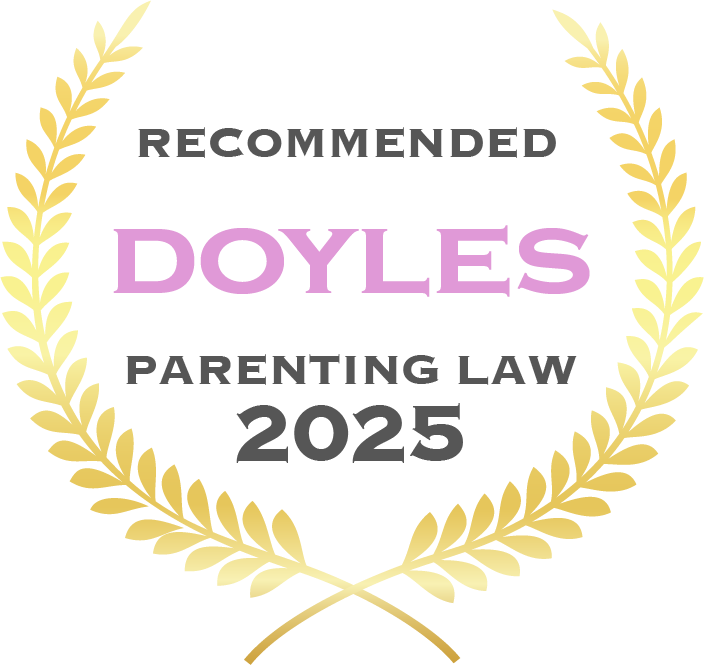
Adelaide Lawyers for Breach of Intervention Orders
While obtaining an Intervention Order (IO) is a civil matter, breaching an order is a criminal offence under the Intervention Orders (Prevention of Abuse) Act 2009 (SA). The law takes breaches very seriously, and penalties can include fines or imprisonment.
Why you Need Legal Advice
If you have breached an Intervention Order or need to report a breach, contact Stanley & Co. Lawyers at 08 7001 6135.
We offer a complimentary 30-minute consultation.
We can assist with expert legal advice on your rights, court representation and defence strategies to reduce penalties
Helpful Questions & Answers
Heading 1
Heading 2
Heading 3
Heading 4
Heading 5
Heading 6
Lorem ipsum dolor sit amet, consectetur adipiscing elit, sed do eiusmod tempor incididunt ut labore et dolore magna aliqua. Ut enim ad minim veniam, quis nostrud exercitation ullamco laboris nisi ut aliquip ex ea commodo consequat. Duis aute irure dolor in reprehenderit in voluptate velit esse cillum dolore eu fugiat nulla pariatur.
Block quote
Ordered list
- Item 1
- Item 2
- Item 3
Unordered list
- Item A
- Item B
- Item C
Bold text
Emphasis
Superscript
Subscript
What Is a Breach of an Intervention Order?
A person breaches an Intervention Order when they fail to comply with any of its conditions. This includes:
Contacting the protected person (in person, via phone,email, or social media)
Approaching the protected person’s home, workplace, or school
Sending messages through a third party
Stalking or following the protected person
Failing to complete an intervention program
Any violation of the terms of the Intervention Order is considered a criminal offence, even if the protected person initiates contact.
Categories of Breach & Penalties
There are four categories of breaches under section 31 of the Intervention Orders (Prevention of Abuse) Act 2009 (SA):
1. Failure to Undergo an Intervention Program
If a person fails to complete a court-ordered intervention program, they face:
Maximum penalty:
$2,000 fine or 2 years imprisonment
Expiation fee of $315
The court may also order the offender to pay for the cost of the intervention program.
2. Breach of Any Other Condition of the Order
This includes any breach that does not involve physical violence (e.g., contacting the protected person, entering prohibited locations).
Maximum penalties:
Basic offence: 3 years imprisonment
Aggravated offence: 5 years imprisonment
An aggravated offence occurs if the offender knew or should have reasonably known that a child would witness the breach.
3. Breach Involving Physical Violence or Threats
If the breach includes physical violence or a threat of violence, the penalties increase significantly.
Maximum penalties:
Basic offence: 7 years imprisonment
Aggravated offence: 10 years imprisonment
4. Second or Subsequent Breach Within 5 Years
If the offender breaches the same order again within 5years, the penalties are even harsher.
Maximum penalties:
Basic offence: 7 years imprisonment
Aggravated offence: 10 years imprisonment
Additional Consequences of a Breach
The court may order the respondent to pay for an intervention program they are required to complete.
The Sentencing Act 2017 (SA) allows courts to consideralternative penalties, such as a suspended sentence or fine, but only inspecial circumstances.
Can a Protected Person Be Charged for a Breach?
No, a protected person cannot be charged for aiding or abetting a breach unless their actions result in a breach against another protected person.
Landlord Responsibilities – Assisting a Breach
It is a criminal offence for a landlord to help a respondent enter a protected person's residence.
Maximum penalty: $10,000 fine
For this offence to apply:
There must be an Intervention Order prohibiting the respondent from entering the premises.
The landlord must have been notified of this condition.
What Happens When a Breach Is Reported?
Police decide what action to take.
If the breach is minor, police may warn the respondent instead of charging them.
For serious breaches, police will arrest the respondent and lay charges.
27
Combined Years Of Experience
Awards & Affiliations







.png)




.png)


.png)


.png)




